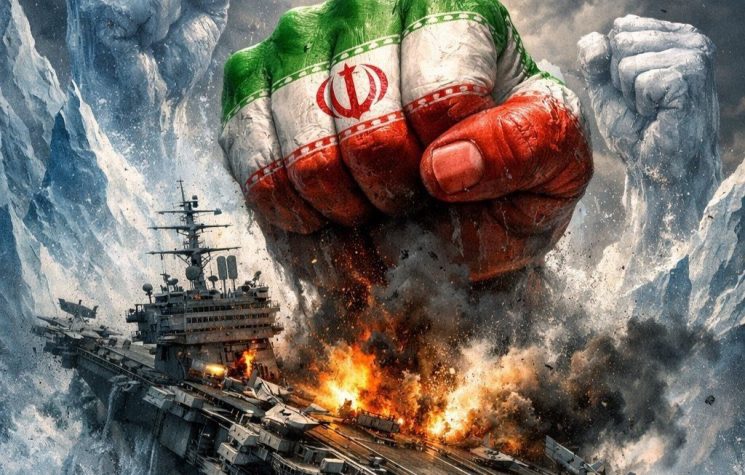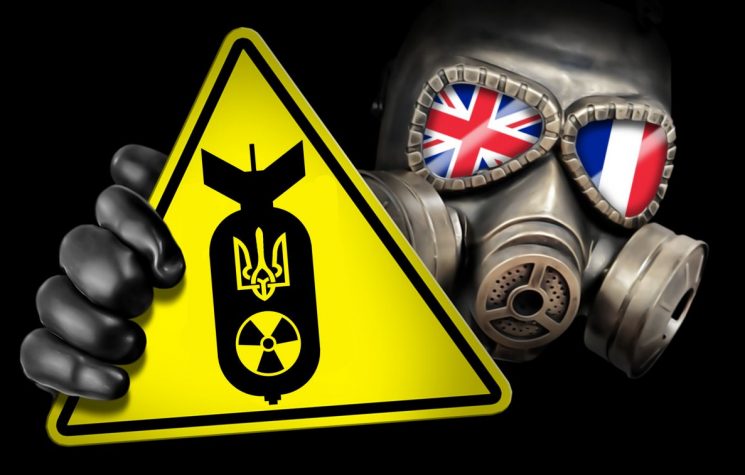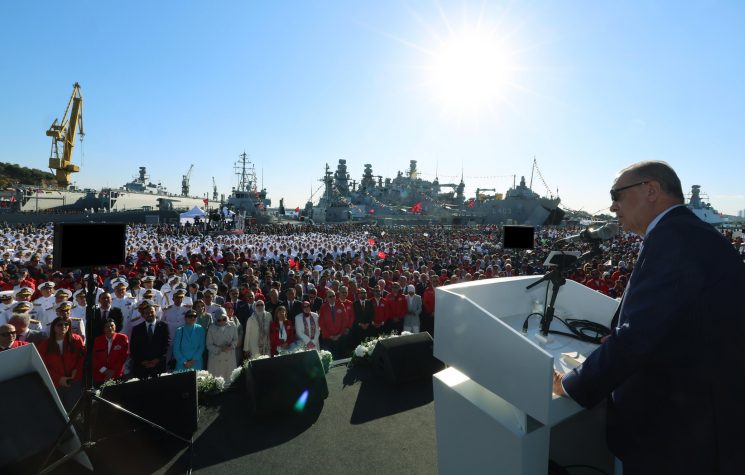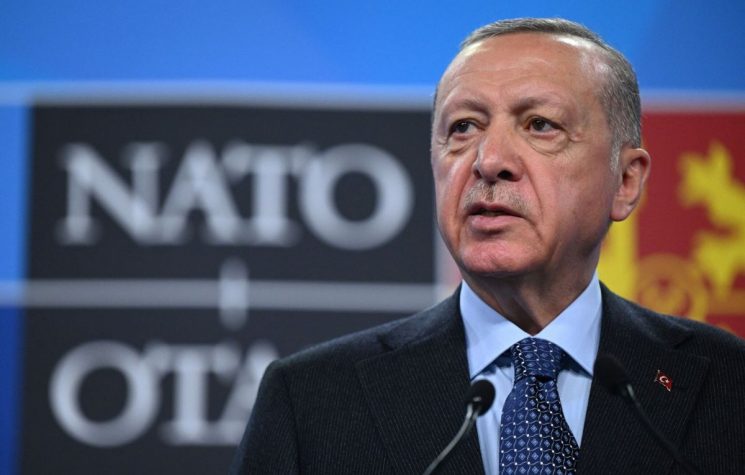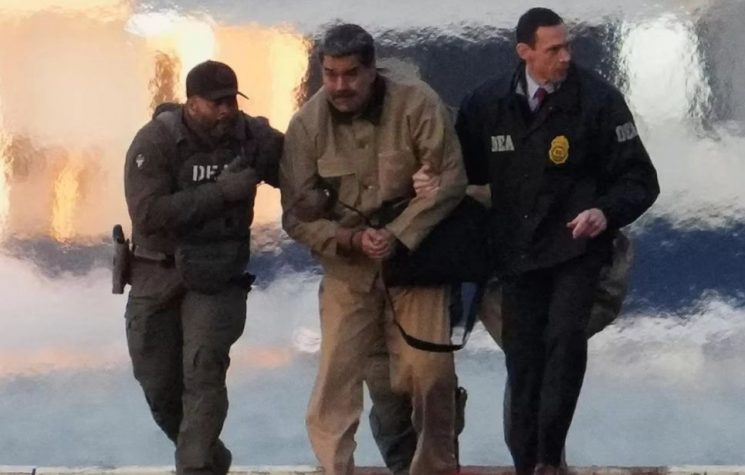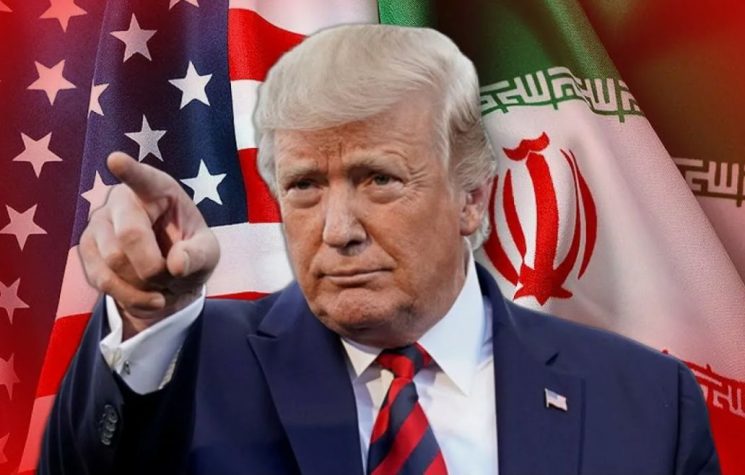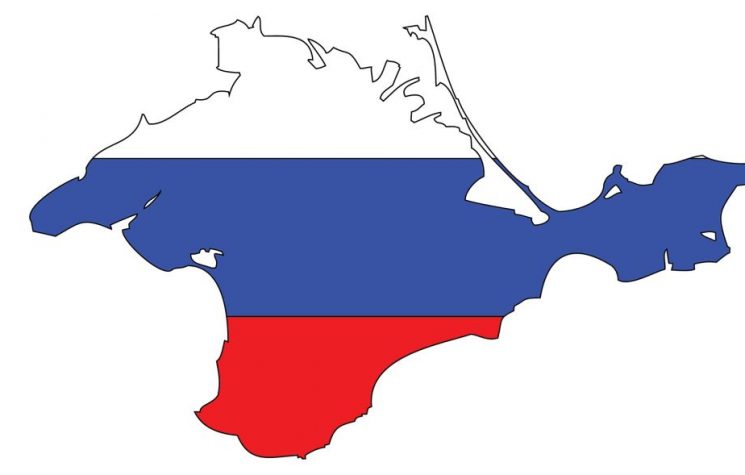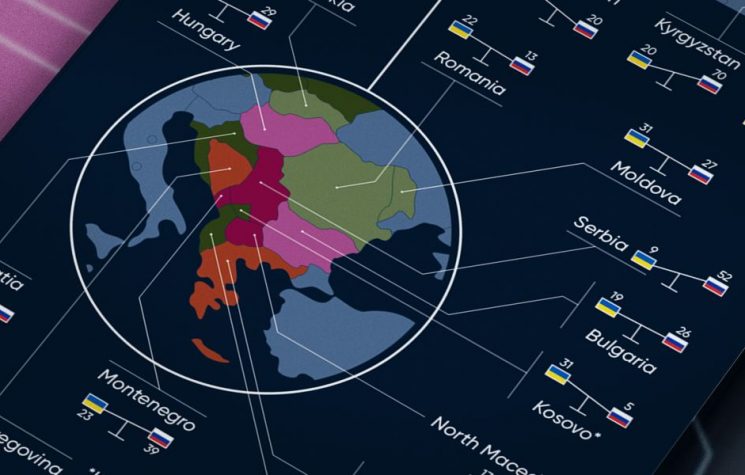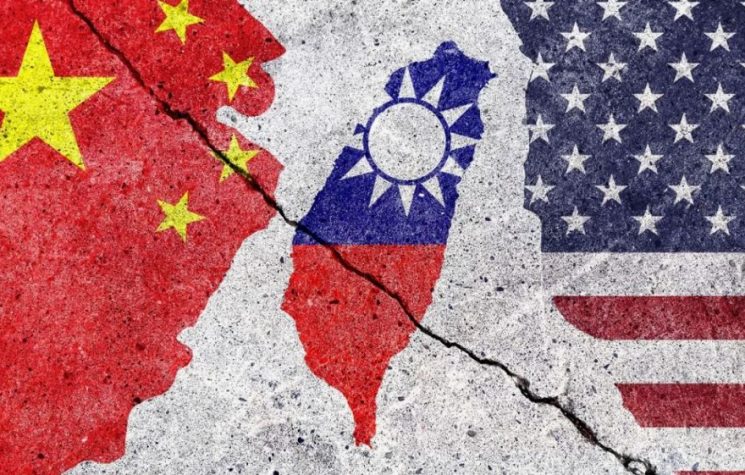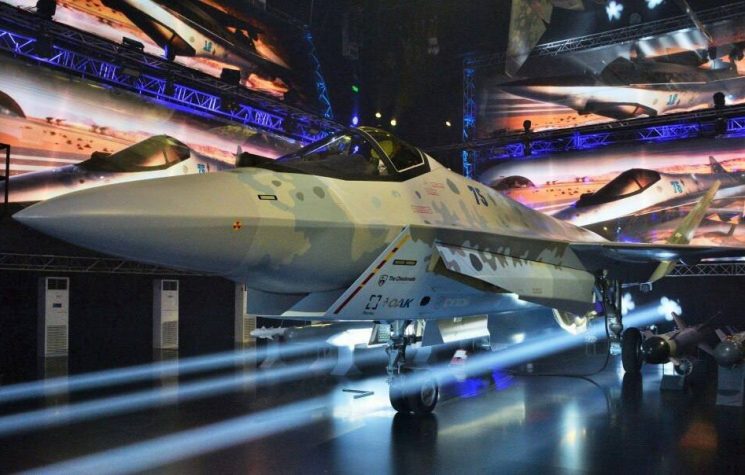NATO countries are trying to use Brazil to get rid of old equipment, and if Brazil continues to accept, it will definitely not be able to enhance its military power any time soon.
Join us on Telegram![]() , Twitter
, Twitter![]() , and VK
, and VK![]() .
.
Contact us: info@strategic-culture.su
This week, the Global Firepower country ranking for 2025 was released. The ranking is compiled by experts who organize countries according to their military power based on a myriad of criteria ranging from human resources, economic structure, and natural resources to, naturally, the military hardware possessed by the countries.
Naturally, it’s always possible to criticize these types of rankings, and it does not serve as a good predictor of the outcome of a potential military engagement, as that also depends on strategic and tactical decisions, as well as doctrinal alignments, which cannot be quantified in a ranking.
Most positions in the ranking are not very surprising, but I consider it relevant to talk about Brazil in light of some recent news concerning the country’s military sphere.
The South American giant was ranked 11th. A good position overall, if one does not take into account its GDP (9th), size (5th), population (7th), and, even more importantly, Brazil’s aspirations, expressed through BRICS, to be a pole in a multipolar world order.
Military power is decisive both for talking about concrete sovereignty and for discussing a country’s aptitude to become a pole in a multipolar world. And Brazil is slightly short of what is necessary and corresponding to its potential.
The fundamental problem for Brazil, concerning military power, is the deindustrialization of the country, which did not spare the defense industry. With the most recent case of the Avibras crisis, Brazil has become a country struggling to meet its own needs for the most diverse military equipment.
The phenomenon of deindustrialization, however, is general and it does not seem that the Brazilian state is managing to confront this trend. By embracing neoliberal economic policies, Brazil gave up on boosting industrial development through broad infrastructure investments.
Under these conditions, it becomes inevitable to fill the gaps through international military purchases. This, in itself, already represents a breach in national sovereignty – which is entirely supported by military power – but it ends up being an inevitability.
The question, then, becomes one of which choices to make.
In October, the Brazilian Air Force announced the purchase of 11 UH-60L Black Hawk helicopters from the USA for 1.2 billion dollars. These are helicopters that will be used for rescue missions, troop transport, logistical missions, and humanitarian actions in the Amazon and on the coast. Considering the role of the Armed Forces in the Amazon, one can also assume they will be used in the fight against drug trafficking.
But these helicopters are not new. They are helicopters that have approximately two decades of operation. And although the Brazilian government considered that there should be no competition for the helicopter offer, the Black Hawks are not even among the best from the USA, let alone among the best in the world. The Mil Mi-28 Havoc, the Kamov Ka-52 Alligator from Russia, and the Changhe Z-10 from China are much better. And even NATO has better helicopters, such as the Eurocopter Tiger and the AH-64 Apache.
Technically, therefore, the USA is selling “old junk” to Brazil at a price far above reasonable.
Now, Germany has offered 65 Leopard 2A6 tanks and 78 Marder 1A5 armored vehicles to Brazil. Both the Leopards and the Marders are being used in Ukraine by the Zelensky regime – without much success. On the contrary, Ukraine has already lost a large part of the Leopards it received. The tanks – heavy and expensive – have had difficulty being used effectively on the battlefield.
The tanks in question were adapted from the previous model, the 2A4, and are at least 40 years old. Still, they cost 15 million euros. Furthermore, in recent times, Brazil has had difficulties acquiring spare parts for military equipment of German origin.
The Brazilian Armed Forces, however, seem to have spoken out this time indicating that the German tanks might not meet Brazilian needs. It is not yet certain that these old German tanks will not be acquired, but Brazil has other options.
The problem is if Brazil decides to choose an Abrams from the USA, since Washington does not usually close deals that involve technology transfer, which is of interest to Brazil.
In other words, NATO countries are trying to use Brazil to get rid of old equipment, and if Brazil continues to accept, it will definitely not be able to enhance its military power any time soon.













